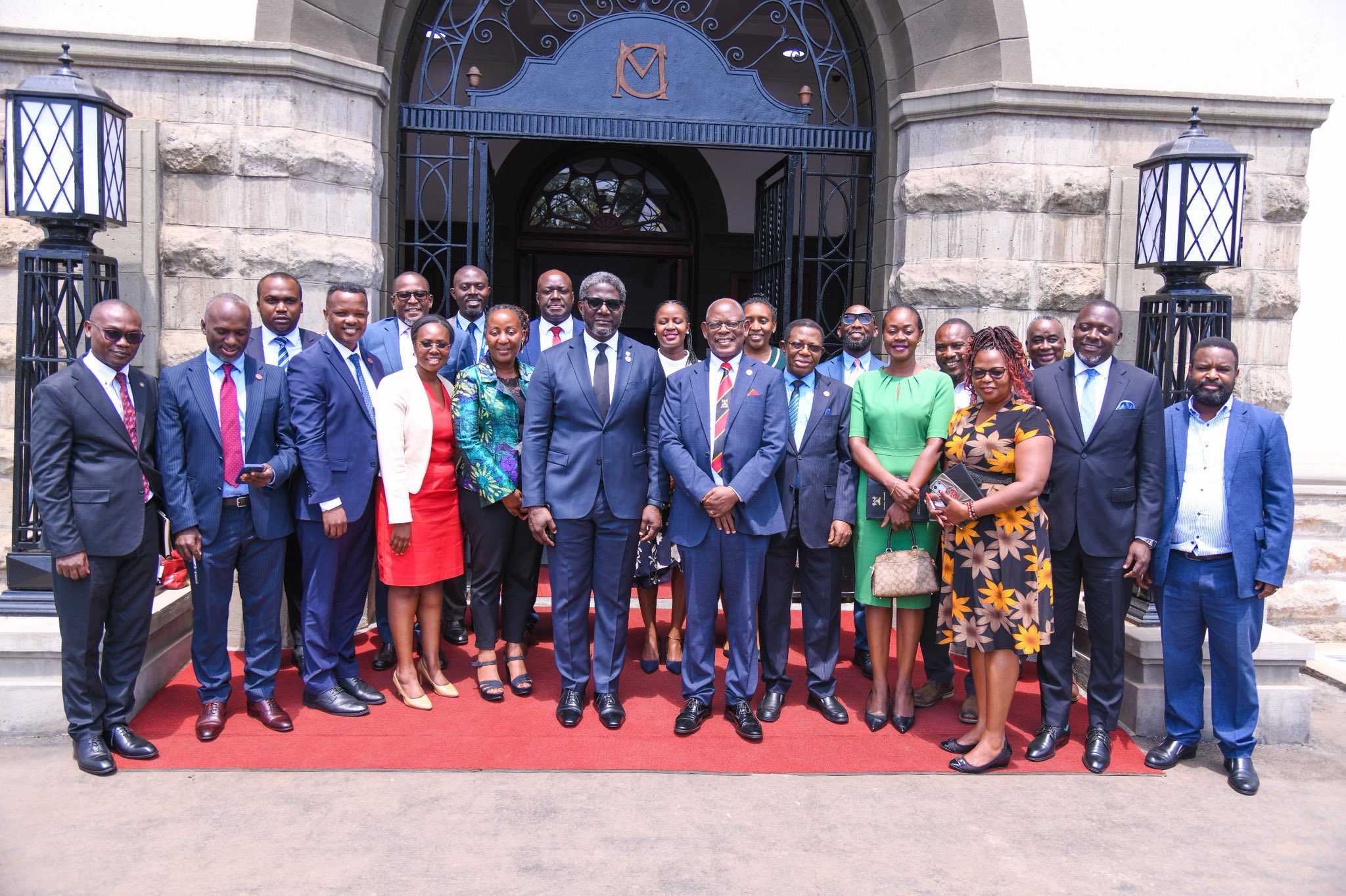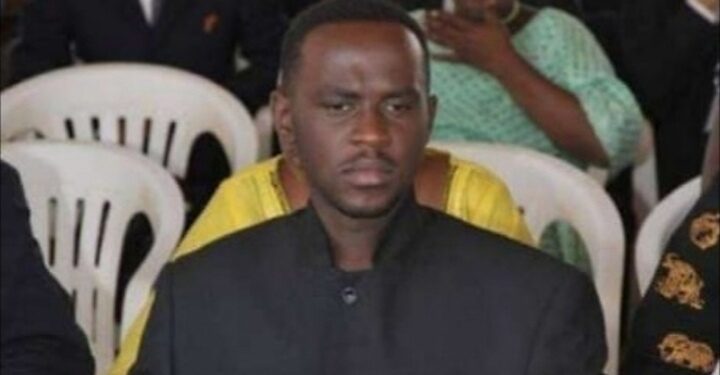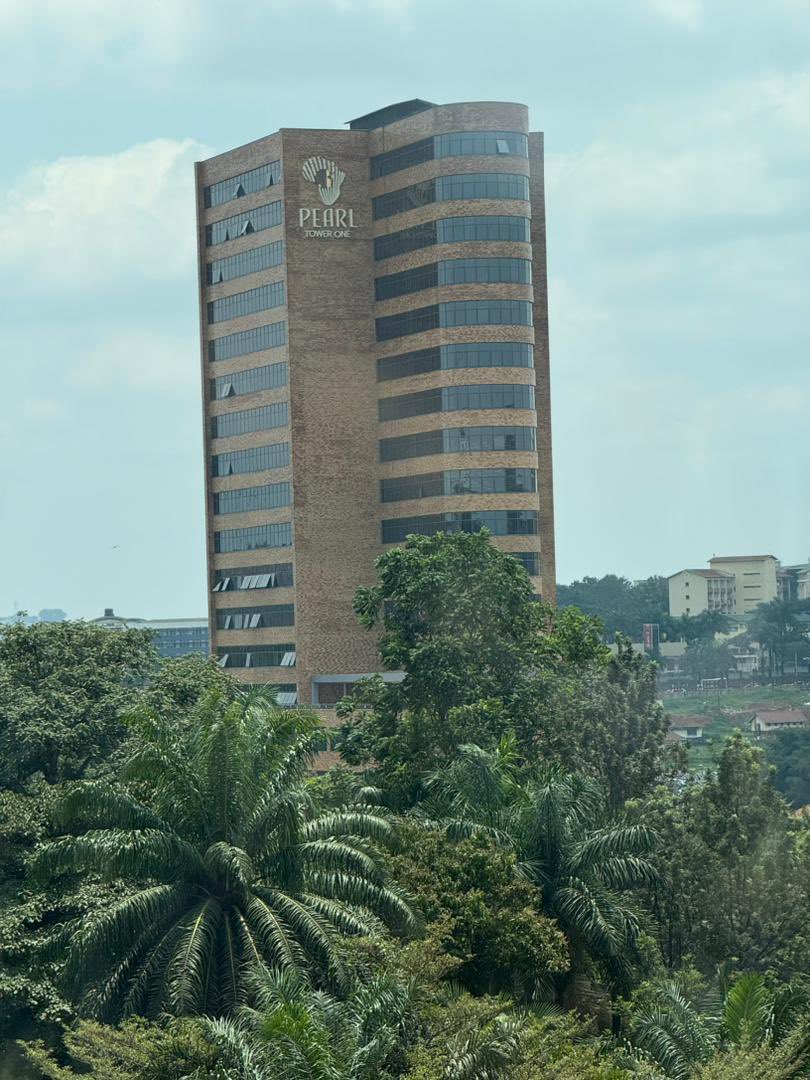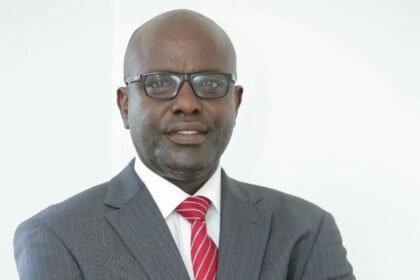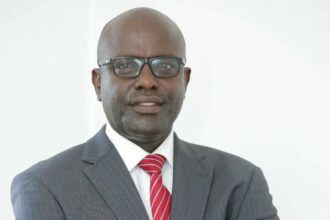Kampala, Uganda – In a significant move to deepen ties between academia and the financial sector, Makerere University hosted a high-level delegation from Stanbic Bank on August 26, aiming to renew their strategic Memorandum of Understanding (MoU). The meeting, held in the Vice Chancellor’s Boardroom, underscores a commitment to transforming research into commercial ventures while tackling pressing societal challenges like youth unemployment and climate change.
Led by Prof. Barnabas Nawangwe, Makerere’s Vice Chancellor, the discussions highlighted the university’s pivot toward research and innovation as a cornerstone for Uganda’s prosperity. “Makerere’s deliberate shift towards research and innovation as a core mission, driven by the need to contribute to Uganda and Africa’s prosperity and stability in line with global development trends,” Nawangwe stated, emphasizing the urgency of addressing “challenges such as climate change, rapid population growth, and especially youth unemployment, which he described as the most pressing factor in determining the continent’s stability.”
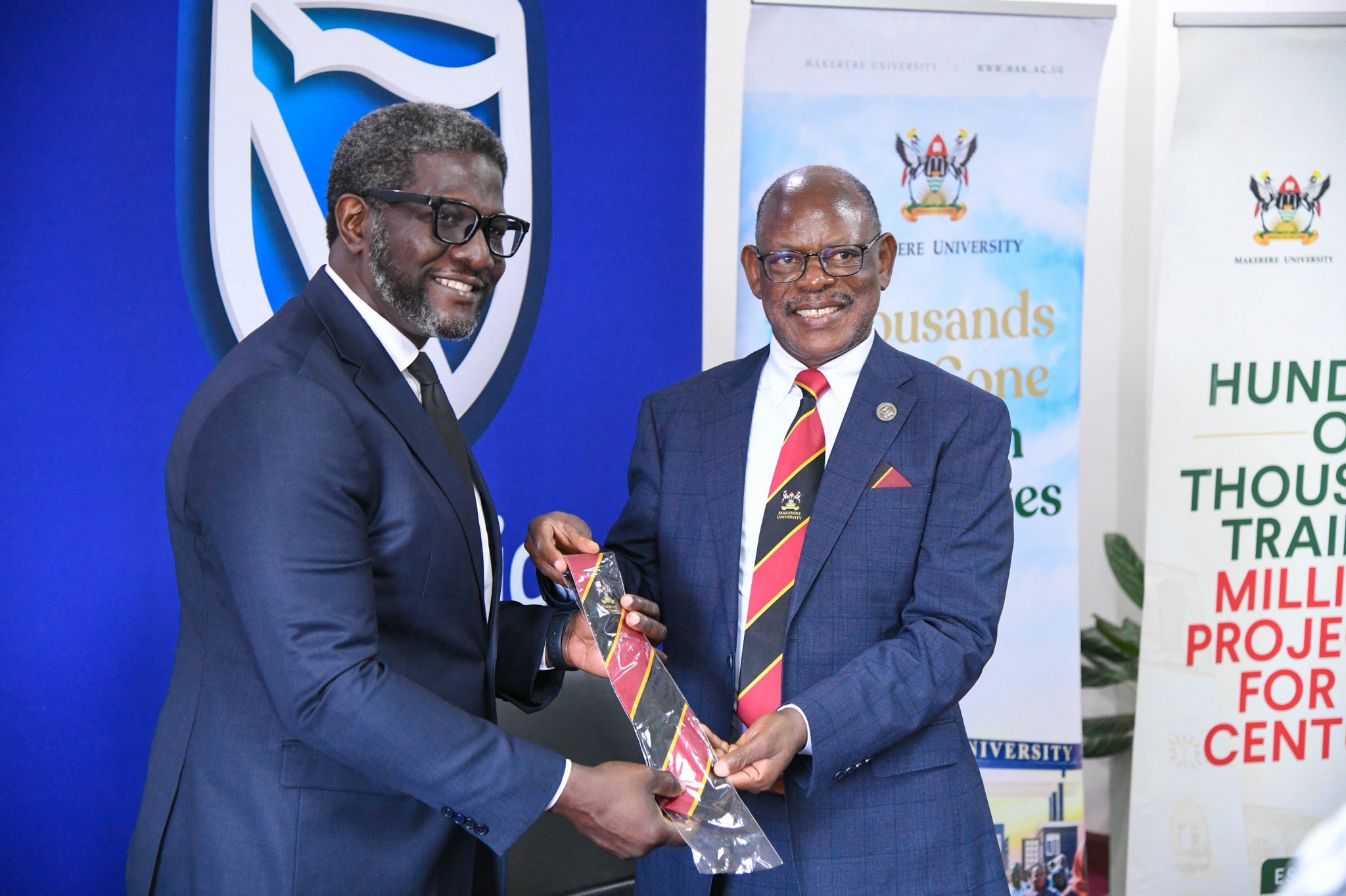
Stanbic Bank’s Executive Director, Mr. Samuel Mwogeza, echoed this sentiment, describing the partnership as “returning home” and praising Makerere’s focus on commercialization for sustainability. “He identified practical skilling as a critical intervention to address youth unemployment and outlined Stanbic Bank’s main focus areas as women in enterprise, agriculture, and youth empowerment,” Mwogeza noted, pledging support in financial and social capital, including student accommodation and leveraging the university’s vast alumni network.
Other key voices amplified the dialogue’s depth. Prof. Mukadasi Buyinza, Academic Registrar, stressed the need for commercialization: “We are good in science but we want to commercialise.”
University Secretary Mr. Yusuf Kiranda advocated for streamlined banking to ease transactions.
Prof. Goretti Nabanoga, Deputy Principal of the College of Agricultural and Environmental Sciences, proposed eco-friendly initiatives like tree planting to enhance the bank’s carbon footprint.
Dr. Winifred Kabumbuli, Dean of Students, highlighted mutual benefits in student enrollment and loyalty.
Dr. Cathy Mbidde from the Makerere University Business School pointed out scaling challenges for innovations: “However, she pointed out that scaling prototypes into large-scale commercial products remains a challenge,” appealing for support to avoid small-scale limitations.
This engagement builds on a rich history. Stanbic Bank has been Makerere’s primary banker, funding the Laptop Loan Scheme for digitization, renovating the Albert Cook Library, and donating UGX 150 million for the 2022 centennial celebrations.
The MoU renewal, slated for this year, promises expanded collaboration in infrastructure, such as completing the indoor stadium and addressing housing shortages affecting 90% of students.The impacts are multifaceted and far-reaching. Educationally, the partnership will bolster financial literacy, business coaching, and debt management programs, equipping students and staff for real-world success.
In research, it accelerates commercialization of innovations like drought-resistant crops, enhancing food security amid climate threats.
Economically, by focusing on youth empowerment and agriculture, it aims to curb unemployment—currently at 9.2% nationally, per recent reports—fostering job creation through skilled graduates and market-ready products.
Socially, initiatives like tree planting will improve environmental sustainability, while alumni networks could amplify corporate social responsibility efforts.Looking ahead, both parties envision a symbiotic relationship driving Uganda’s development. As Nawangwe put it, this alliance aligns with global trends for stability.
Mwogeza’s commitment to women and youth signals inclusive growth, potentially setting a model for other institutions. This renewed pact not only revitalizes Makerere’s role in national innovation but also positions Stanbic Bank as a catalyst for sustainable economic progress in East Africa.
Do you have a story in your community or an opinion to share with us: Email us at Submit an Article



